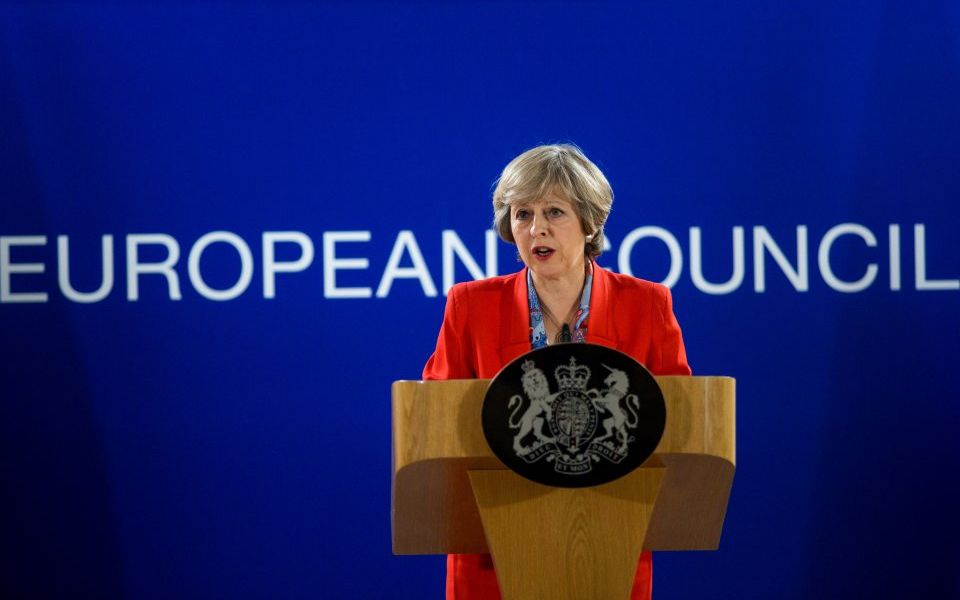
Deal or no deal, Brexit trade talks will take years to complete

There’s a funny history lesson that those negotiating Britain’s exit from the European Union (EU) should at least be aware of.
It’s this: negotiations to join or leave the EU can take a very long time. And member states have a veto on whether another country joins – or leaves – the EU club.
We should all be more aware of this than we are. Britain struggled to join the European Common Market – as it was known then – in the 1960s and 1970s.
And even when Britain’s way wasn't blocked by French President Charles de Gaulle; who used France’s veto to block Britain from joining the European Economic Community (EEC) throughout the 1960s – there were at least two attempts to join by Britain, not to mention the attempt in the 1950s – it still took five years to negotiate Britain’s entry into the EEC.
So why would anyone in their right mind think Britain can negotiate a trading relationship with the EU in less than a year? It’s taken more than six months of concerted effort to get to the point of guaranteeing EU citizen’s rights, the divorce bill and the Irish border question. And even those issues are not fully resolved.
Yet markets have responded positively to the news of a potential breakthrough in those negotiations. After all, a breakthrough should potentially herald the start of trade talks, and the real business of Brexit.
Such is the desire for progress of any kind we saw the Pound rising to €1.14 for the first time in a month and up from €1.12 less than a week ago. Meanwhile, all three main European markets rallied, only to ultimately be disappointed.
What worries markets, the City – and pretty much anyone else affected by Brexit for that matter – is the lack of progress given the hard deadline for Brexit of 29 March 2019. No-one wants to be trying to thrash out a last minute deal with the deadline looming.
Even so, given Britain’s historically complex relationship with the EU it seems almost certain that very little will be agreed within the timeframe currently being set out. If it took us five years to join, surely leaving could take just as long if we are to avoid permanent and lasting damage to the economy?
In the end, Monday failed to live up to its promise – and there was no seismic breakthrough in Brexit negotiations. Yet the market frothiness that the day’s high expectations generated showed both how skittish sentiment is – and how far there is still to go.